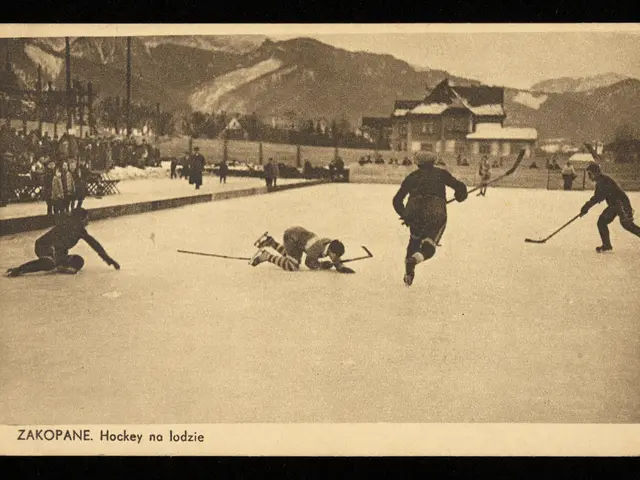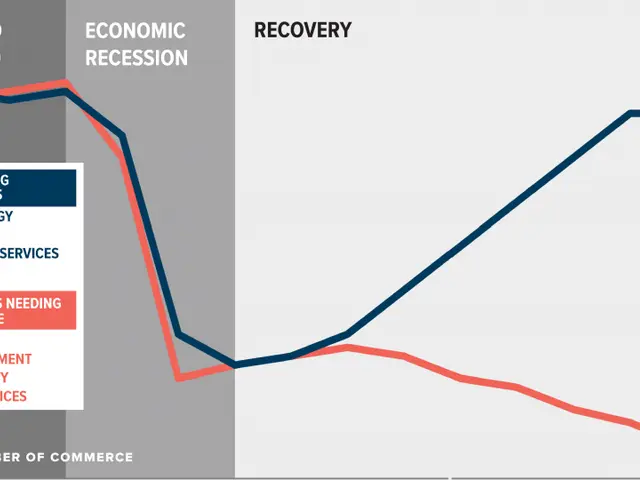Austria's 'Crisis of Men': Traditional Masculinity Expectations Linked to Suicide and Substance Abuse
The traditional ideals of masculinity continue to exert significant pressure on men, particularly those who do not conform to these rigid expectations. This issue, often referred to as the 'crisis of men', is not a new phenomenon but has been a topic of discussion in the media for decades.
In Austria, men hold more privileged positions in the workforce, earning on average 18 percent more than women and occupying two-thirds of management positions. However, this does not translate to better mental health outcomes. In 2024, 1,331 people died by suicide, with men accounting for 77% of these deaths. Men also lead the statistics in substance abuse disorders.
The pressure to fit into traditional masculinity ideals begins early. Young men are forced to choose which form of masculinity they want to live, with influences ranging from societal expectations to online figures like Andrew Tate. Tate's impact on young male populations in Austria is currently being studied, with research focusing on his influence on gender attitudes and extremist tendencies. These young men, seeking orientation, often encounter clichés and misogyny online.
Addressing this issue requires a shift in approach. Providing boys and young men with orientation and support should start in childhood. Confronting one's own privileges, a crucial step in this process, can be painful but necessary. It is clear that the mental health of men in Austria requires urgent attention and action.







